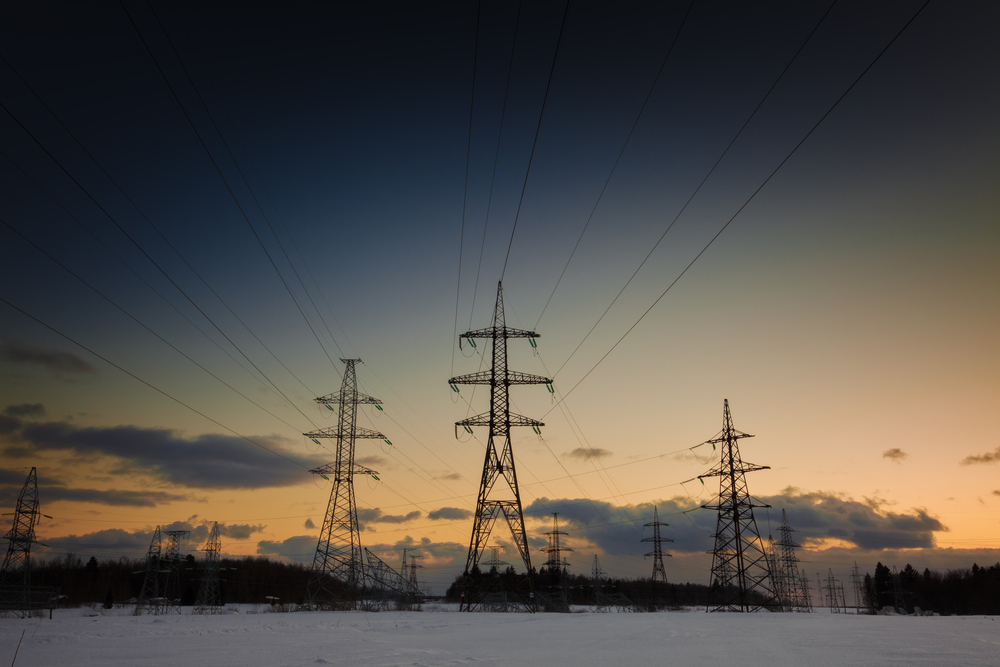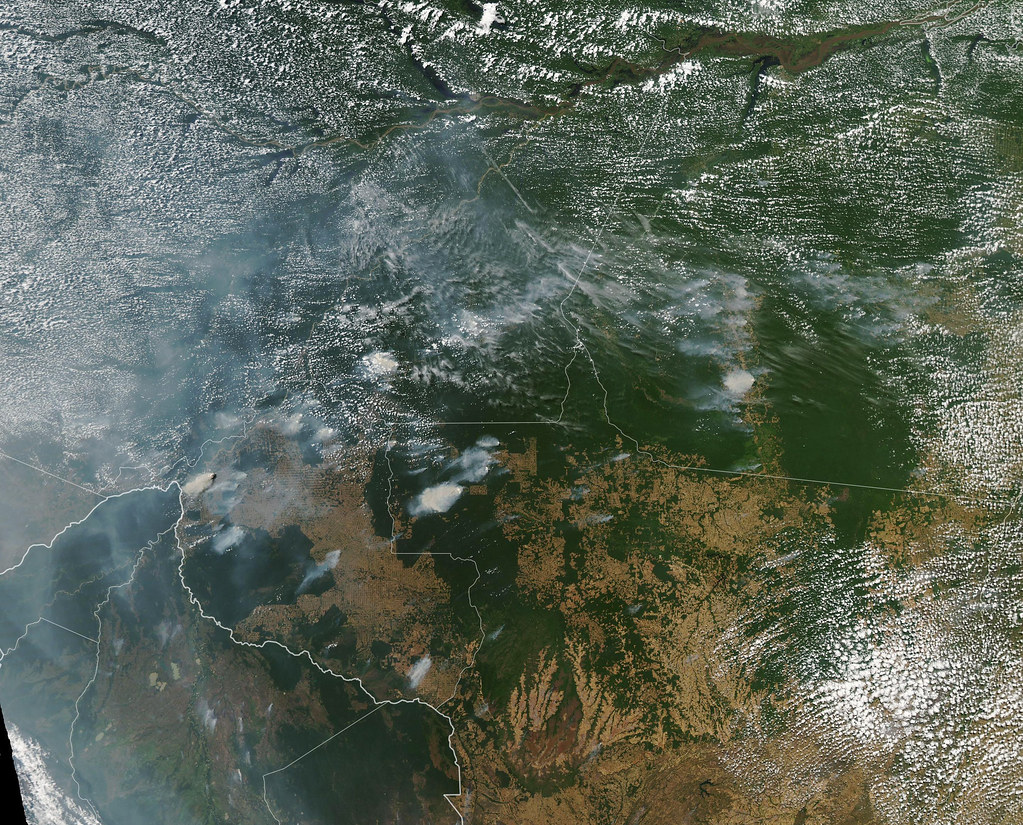Europe is facing a crisis (I know, another one?!). This crisis, however, isn’t viral, ecological, economic, or migratory – although it is influenced by, and influences, these phenomena. No, I’m referring to the European energy crisis. Since the beginning of this year, the wholesale price of gas has increased by 250%. This, in turn, has caused similar price rises down the energy production and consumption chain. As a result, businesses and domestic consumers have seen their energy bills rise phenomenally, increasing the numbers of people facing fuel poverty and forcing EU leaders to call emergency meetings.
The reason for this price rise is hard to pin down because it isn’t attributable to any single cause. Instead, multiple factors – such as a shortfall in renewable energy production, an increase in demand as the global economy resurges post-COVID, and a steady phasing out of energy from coal production – have led to the crisis. However, to oversimplify it, there’s not enough energy to meet demand, causing prices to rise. And, while the situation is at its worst in Europe, there’s no reason to think that it will not eventually spread. Indeed, prices have already begun to rise in other parts of the globe.
While this is a dilemma for those countries who import all or some of their energy (be that gas, coal, oil, or electricity), it is also an opportunity for exporters. Higher prices mean greater profits as individuals, institutions, and even states become increasingly willing to part with funds to secure essential resources. On a small scale, prices being dictated by supply and demand isn’t too much of an issue (provided you’re onboard with capitalism). It’s how your local shop decides how much to charge for toilet roll – the more people want it, the more that shop can charge. But, when it comes to nation-states’ selling and purchasing power, things can become tricky as scarcity confers additional political power to those resource-rich countries, which they can leverage against the resource-poor.
It is precisely this politicization, and even weaponization, of energy supplies that several countries fear will take place within Europe. More specifically, concerns are being raised that Russia, one of Europe’s largest natural gas suppliers, is going to capitalize on the European energy crisis, using it as an opportunity to solidify its already significant bargaining position or even refuse to export energy as a means of weakening its (perceived) rivals. Of course, this is something that Russian authorities have denied, with Vladamir Putin going so far as to not only deny Russian involvement but also blame Europe for the whole affair.
This concern raises an interesting point, however. While fears have been expressed about Russia’s intentions during the crisis, it’s not entirely clear what would be wrong with them making the best of it. Why shouldn’t Russia, as one of Europe’s largest gas suppliers, take advantage of the crisis to better its fortunes, even if this does lead to an increase in gas prices?
Now, the answer might seem obvious – people are going to suffer without gas. If people can’t afford to heat their homes during winter, this will cause suffering and even death – things which we typically class as undesirable. Thus, one can argue, from a moral and political cosmopolitanism, that Russia shouldn’t act in a manner that causes harm to people regardless of their nationality. Consequentially, it should do what it can to help minimize gas prices and thus minimize harm.
Yet, it’s not entirely clear why Russia should care about the suffering of individuals beyond its borders, or at least, what it owes those people. After all, pretty much every person already has a political entity that exists to protect their interests – their own nation-state. Why should Russia pass up an opportunity to better its fortunes and act in a way that benefits the well-being of individuals for whom it holds little to no responsibility? What concern is it of Putin’s if people in the U.K. are cold because they can’t pay their gas bills? After all, those people have the U.K. government to care for them. Why should the Russian government miss out on an opportunity to better its standing and that of its citizens?
This attitude may seem callous or even cruel (indeed, I would be inclined to say it is). But a failure of a government to act in the best interests of those to whom it holds no obvious bond is arguably not a dereliction of duty. After all, it would seem uncontroversial to claim that the purpose of government is to secure the well-being of its citizens. If it fails in this purpose, that is when its legitimacy can be called into question. But to disregard the well-being of citizens of other member states, while potentially distasteful and even unethical, doesn’t seem to contradict a government’s function. For the Russian government then, if it can act in a manner that solidifies its positioning and thereby (in)directly betters the lives of its citizens, it would seem acceptable, even necessary, that it takes advantage of the unfolding crisis. The Russian government should look out for the Russian people, and passing up an opportunity to do this, simply for the benefit of those whom it holds no duty of protection, would seem antithetical to its very purpose.
Now, that is not to say that Russia would be off the hook if it did take advantage of the current situation. There is still plenty of scope for condemnation if it did drive up energy prices, resulting in suffering, simply as a means of increasing its political power (cosmopolitanism has already been alluded to as a potential basis for such criticism). But, to find fault with Russia for taking advantage of the crisis simply because it’s acting in a way that will give it political leverage over its peers or competitors seems to criticize the nation for doing its job, one which every government holds. After all, if the positions were reversed, how do you think your government would act? In the best interests of its citizens or the interests of others?


